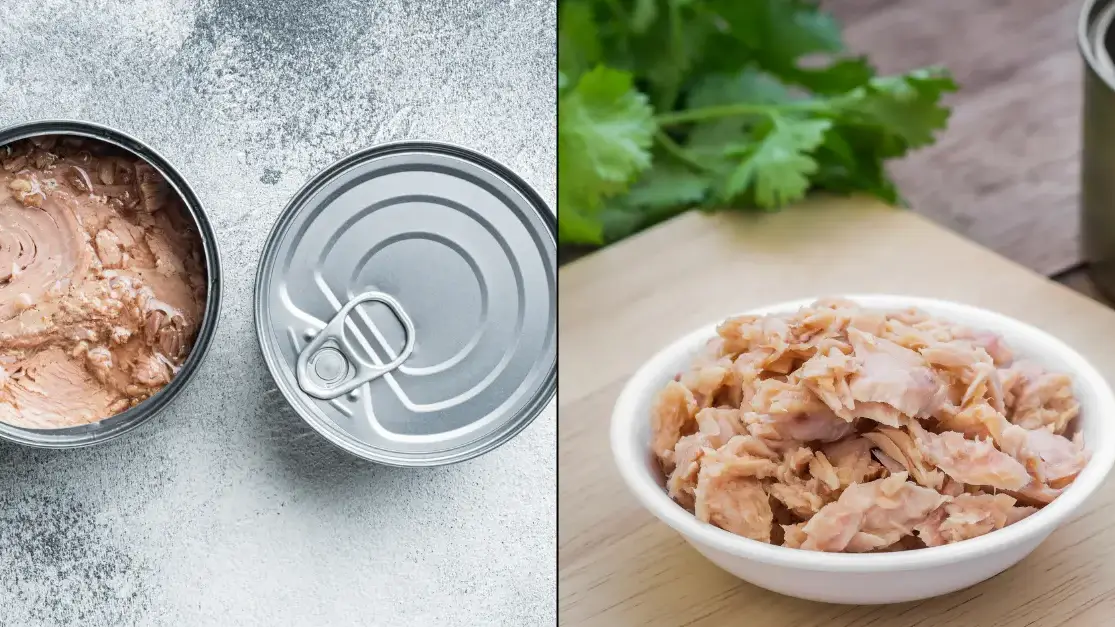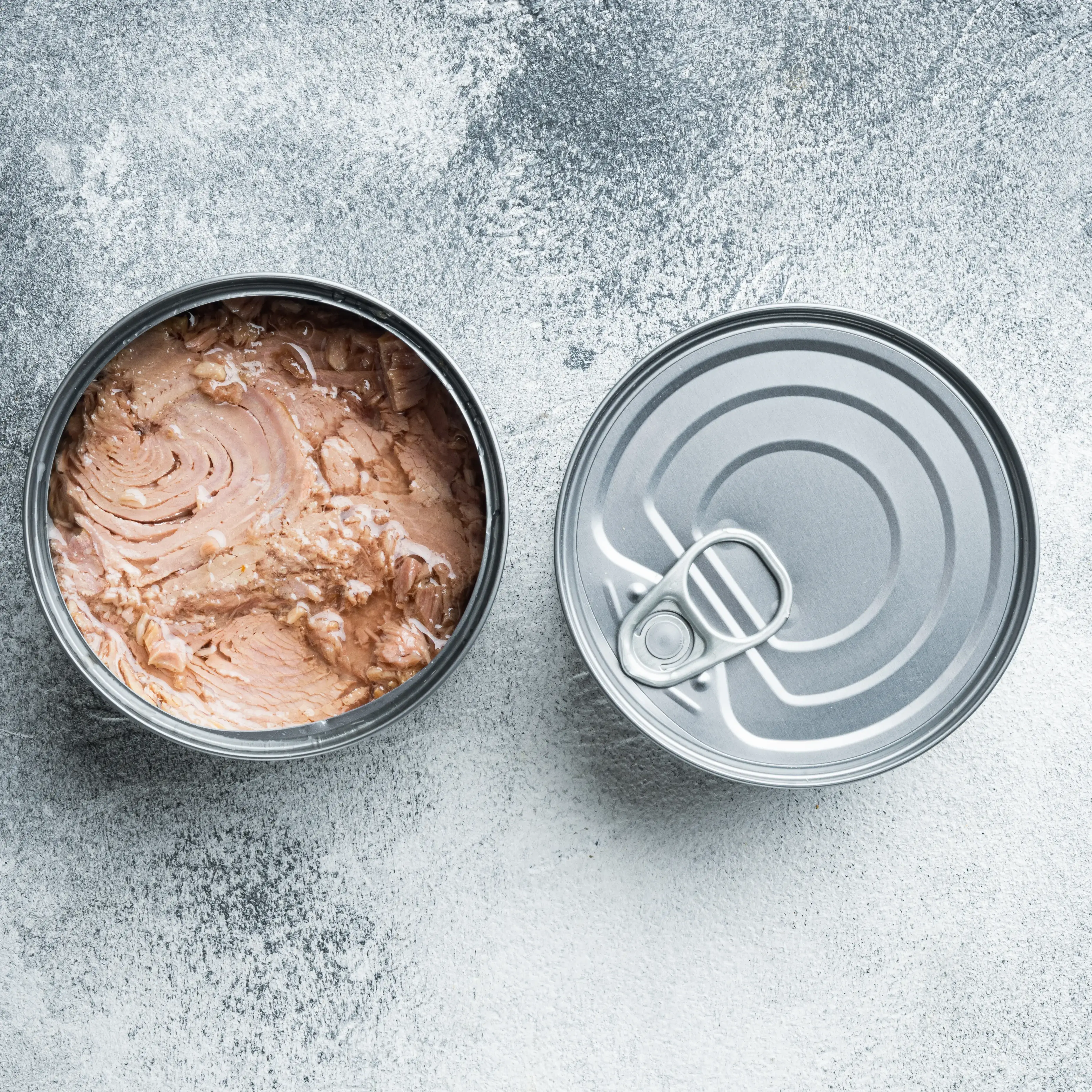
There's bad news for those who are partial to tucking into a tin of tuna, as researchers have warned it could pose a 'a colossal risk to public health'.
The fish is a favoured source of omega 3 among Brits, but the results of a new study suggest that it might be doing people more harm than good - prompting campaigners to call for the stuff to be banned in schools and hospitals.
So if you're seeing off a tin of the stinky yet scrummy snack as we speak, you best polish it off pronto before we put you right off.
Recently, experts took a closer look at the contents of the cans of tuna that we pick up in the supermarket without thinking twice.
Advert
They purchased nearly 150 tins of tuna in the UK, France, Italy, Germany and Spain and came to the worrying conclusion that all of them were 'contaminated with mercury'.
Out of these, 57% exceeded the limits which are considered 'safe' across the board when it comes to different types of fish.
Exposure to mercury can cause a variety of serious health problems.
It can massively impact your nervous system, vision, hearing and speech, while you might also experience flu-like symptoms, nausea and start vomiting.

Even more concerningly, the metal has been linked with life-threatening lung damage and even some cancers - so we certainly don't want the stuff in our tins of tuna.
That's why activists are demanding that it's taken off the menu in schools, hospitals, care homes and maternity wards, as they want to protect vulnerable people who don't have a lot of say in what they can eat.
Bloom, a non-profit organisation which aims to protect marine environments, and consumer-rights organisation Foodwatch have accused both officials and tuna tycoons of 'cynical lobbying'.
They claim that 'the economic interests of industrial tuna fishing' are being put before the wellbeing of people, despite it being 'to the detriment of the health of over hundreds of millions of tuna consumers in Europe'.
Both bodies have called for more restrictions to be brought in which impose stricter limits on the permitted levels of mercury in tuna, while urging the continent's largest supermarkets to stop selling tins which exceed the threshold.
As well as this, they want products to have clear labelling explaining the health risks and to pump the breaks on advertising the items.
Foodwatch warned that mercury-rich tuna poses a 'colossal risk to public health' and claimed the results of the study had uncovered a 'a health scandal on an unprecedented scale'.

Bloom added: "European public authorities have chosen an approach completely at odds with their duty to protect public health: they use the actual mercury contamination of the tuna to establish a threshold that ensures that 95 per cent can be sold.
"This is why tuna, one of the most contaminated species, has a maximum mercury tolerance three times higher than that of the least contaminated species."
Mark Willis, head of chemical contaminants at the UK’s Food Standards Agency, said that women who are pregnant or trying for a baby shouldn't have more than two tuna steaks or four cans of the stuff a week.
"This is because tuna contains higher levels of mercury than other fish," he explained.
Under current UK and EU law, the limit for mercury in tuna products is 1mg/kg and for other fish 0.3mg/kg.
It was noted that in more than half of the tins tested, the mercury level was higher than the 0.3mg/kg maximum limit for mercury in other fish.
Bloom claims that the accepted mercury level of one milligram per kilo is there to make sure that '95 percent' of tuna caught is sold.
The CEO of Foodwatch, Karine Jacquemart, said: "What we end up with on our dinner plates is a colossal risk to public health that's not considered seriously.
"We won't give up until we have a more protective European standard."
Topics: UK News, Food And Drink, Health, Animals, Education